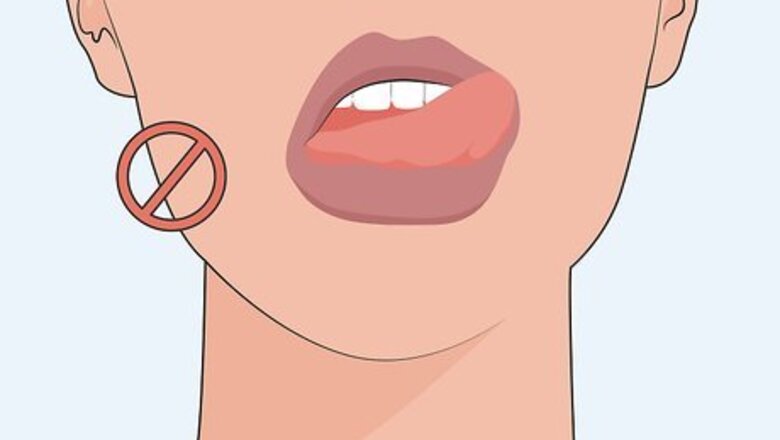
views
X
Research source
Or maybe you don’t have any lip balm around and want relief without running to the store. Never fear! You can soothe and heal your lips naturally by avoiding irritants, taking simple measures to keep them protected, and applying natural moisturizers and soothing agents.
Avoiding Irritants
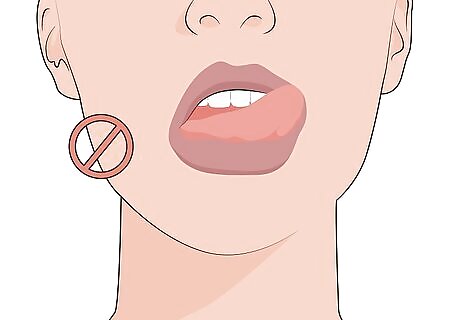
Avoid licking your lips. Licking your lips does temporarily add moisture, but at a cost. Your saliva will irritate your lips, while constant licking will also remove the natural oils that protect them and hold in moisture.
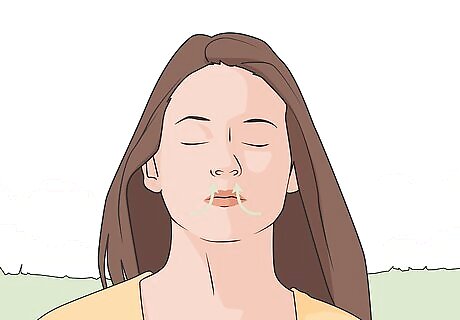
Breathe through your nose. The more you breathe through your mouth, the drier your lips will become. This means that if you have a cold as well as chapped lips, a decongestant can do wonders for both.
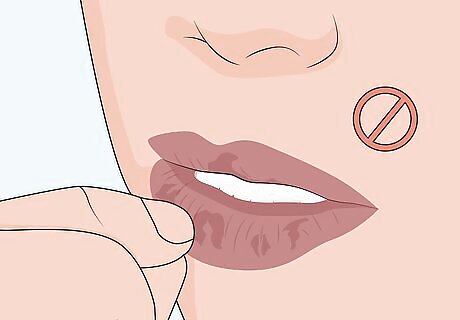
Don’t pick off flakes of dead skin. Instead, soften them with emollient oils, such as coconut oil or almond oil, and let them fall off naturally. Pulling them off too early will expose raw, painful skin.
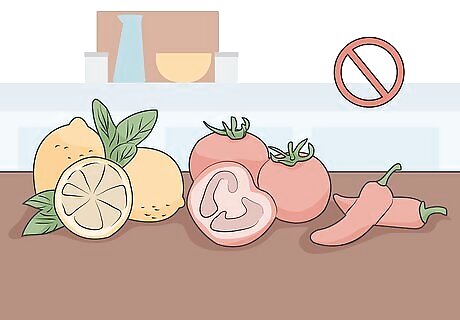
Stay away from acidic, salty, or spicy foods. All of the above can further irritate your already damaged lips. They can also make the skin barrier on your lips weaker, making them more prone to dryness and damage. In particular, be sure to avoid: Citrus like grapefruit or orange juice Nuts and heavily salted, sweetened or caramel popcorn Hot wings or salsa
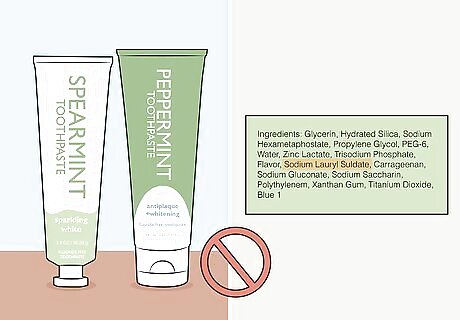
Get rid of toothpaste with synthetic flavors. Flavors like spearmint and peppermint, as well as ingredients like sodium lauryl sulfate (SLS), can cause allergic reactions that aggravate already irritated skin. Check here for a list of SLS-free toothpastes: http://slsfree.net/sls-free-toothpaste/.
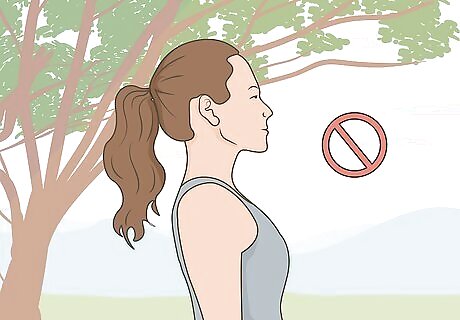
Avoid excessive exposure to the sun. Sun and wind are the 2 main causes of chapped lips. If your lips are damaged, more sunshine will only make them worse. Normal sunscreen is not recommended for chapped lips, as it may irritate them, but lipsticks and balms with SPF are safe. However, if you’re trying to avoid balms altogether, minimize your time in the sun. You can also protect your lips by wearing a hat with a wide brim to help shade your face, or covering your lips with a scarf when it’s cold out.

Stay out of harsh weather. Windy, dry, or cold weather can quickly dry out and crack your lips. You’ll want to stay indoors as much as possible to give your lips a chance to heal.
Applying Natural Moisturizers and Healing Agents
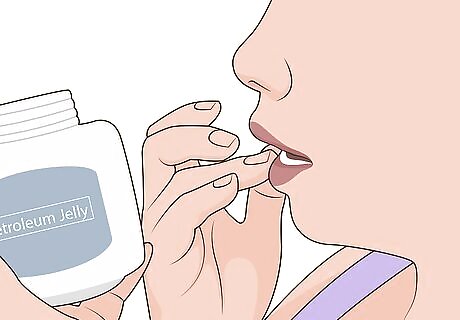
Rub petroleum jelly or beeswax on your lips. These are the 2 main treatments suggested by the National Institute of Health. Beeswax contains propolis, which is an anti-inflammatory that aids in healing. Petroleum jelly is an emollient (skin softener) that moisturizes and protects lips.
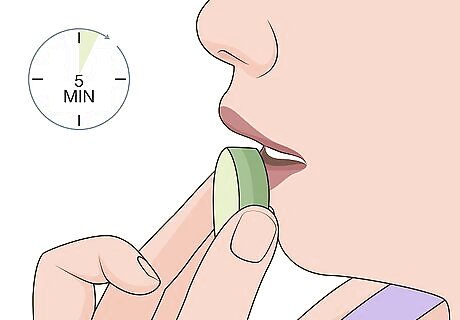
Place or rub sliced cucumber on your lips for 5 minutes. Cucumber has been shown to be a very effective moisturizer due to its high water content. It also soothes skin and reduces inflammation. Try putting a slice of fresh cucumber on your lips for a few minutes for relief from soreness and discomfort. Alternately, you can apply cucumber juice to your lips several times a day, or freeze cucumber juice into an ice cube and rub it on your lips.
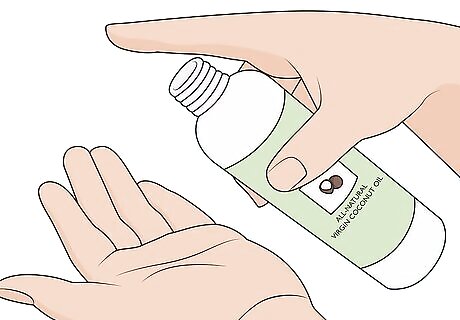
Use almond oil or coconut oil in place of lip balm. Both are emollients that keep your skin soft, moist, and flexible. Almond oil also has anti-inflammatory properties. In addition, coconut promotes healing, reduces the risk of infection, and reduces pain, making it a great treatment for chapped lips. Gently massage almond oil or coconut oil over your lips to soften and moisturize them. Other oils used to treat chapped lips are olive oil, jojoba oil, canola, and mustard oil. All have moisturizing and protective properties, though their healing properties are not as pronounced as almond and coconut oil. Coconut oil is typically solid at room temperature. Rub a little bit of the oil between your fingers to warm it up and soften it before putting it on your lips.
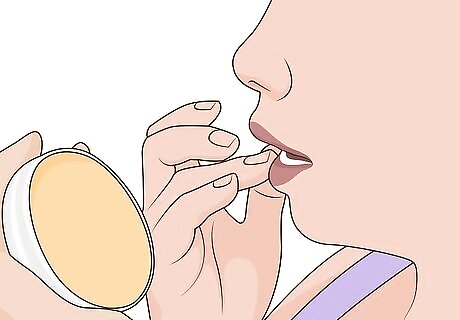
Rub cocoa or shea butter on your lips. Both have emollient and anti-inflammatory properties. They will trap moisture and protect your lips. Shea butter also contains antioxidants that will help prevent further damage to your lips from the sun.
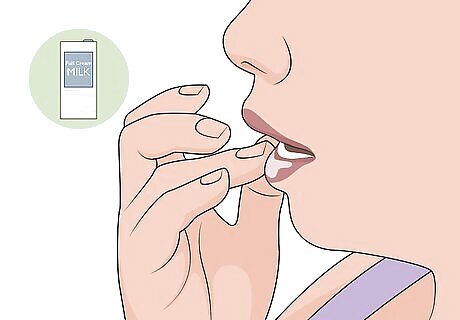
Put drops of milk cream on your lips. The fat content of milk cream makes it effective at moisturizing your lips, though it does not have the same anti-inflammatory and healing properties as some oils and plant butters. Still, if you don’t have the right oils or butters to hand, this traditional home remedy may help. Let it sit on your lips for 10 minutes, then wash it off with lukewarm water. You can also try mixing the cream with mashed rose petals for a boost of fresh scent and soothing moisture.
Use regular cooking oil if nothing else is available. Just about any oil can help lock in moisture and soothe chapped lips. If you don’t have shea butter or coconut oil on hand, grab another common household oil, such as olive oil, sunflower seed oil, or grapeseed oil. Rub a thin layer of the oil over your lips. You can even use butter or margarine if nothing else is available.
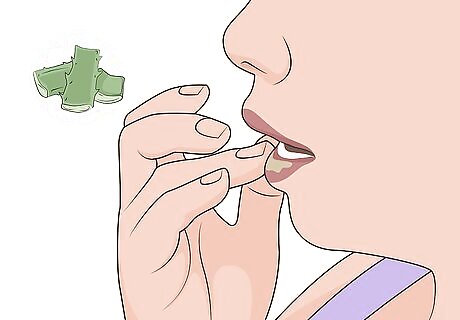
Apply aloe vera to your lips. You can purchase pure aloe vera gel at a store, or buy an aloe vera plant, break off a leaf, and squeeze some out. Aloe vera is an anti-inflammatory that also promotes skin healing. However, some people experience irritation or rashes when they use aloe, so be cautious and stop using it if it makes your lips feel worse.
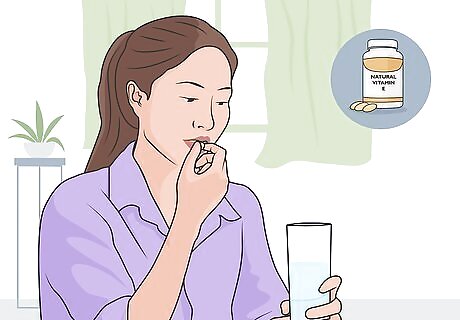
Consume vitamins E and C. When taken together, vitamins E and C help promote healing of damaged skin, particularly if your lips are chapped due to sunburn. Talk to your doctor about trying a supplement or topical cream that contains vitamin C and vitamin E. Some beauty sites suggest applying vitamin E oil directly to your lips, but some doctors warn that vitamin E can irritate chapped lips.
Taking Steps to Protect Your Lips
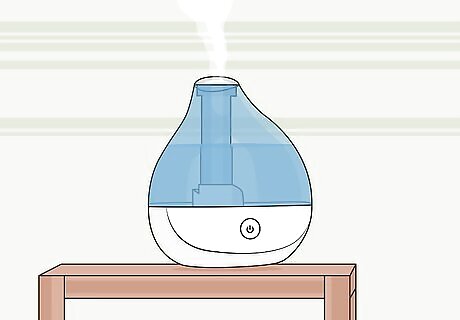
Use a humidifier at night. Keeping your room moist will help to prevent your lips from drying out any further. This is especially important when your air conditioning or heat are running a lot, as both may dry out the air in the room where you sleep.
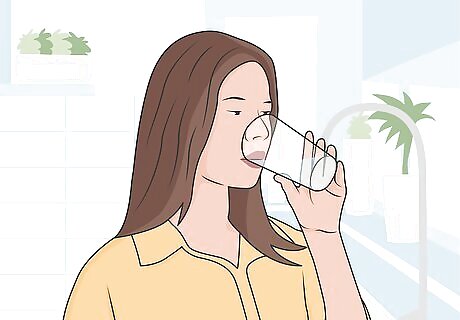
Drink plenty of water. Dehydration is one of the main causes of chapped lips. This is particularly true in the winter, when the air is dry and many people drink less water. If your lips are chapped, try to drink at 8 glasses of water a day to stay hydrated.
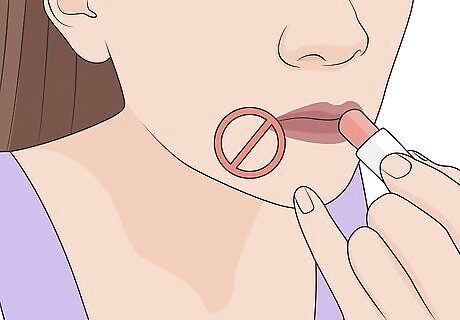
Skip the lipstick. Or if you do use it, make sure it is moisturizing. Alternately, rub a moisturizing and protective oil on your lips before applying lip stick. Or try a lip balm that contains an SPF of at least 15. Long-wear and matte lipsticks can be especially drying. Stick to creamy, moisturizing formulas instead.

Wear a scarf over your mouth when outside. The wind can cause chapped lips, and it can aggravate already chapped lips by stripping them of moisture. Putting a scarf over your mouth when outside gives your lips a chance to heal.















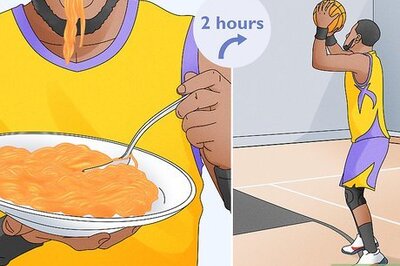



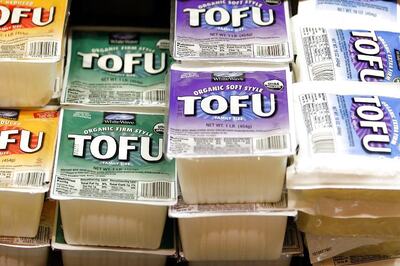
Comments
0 comment